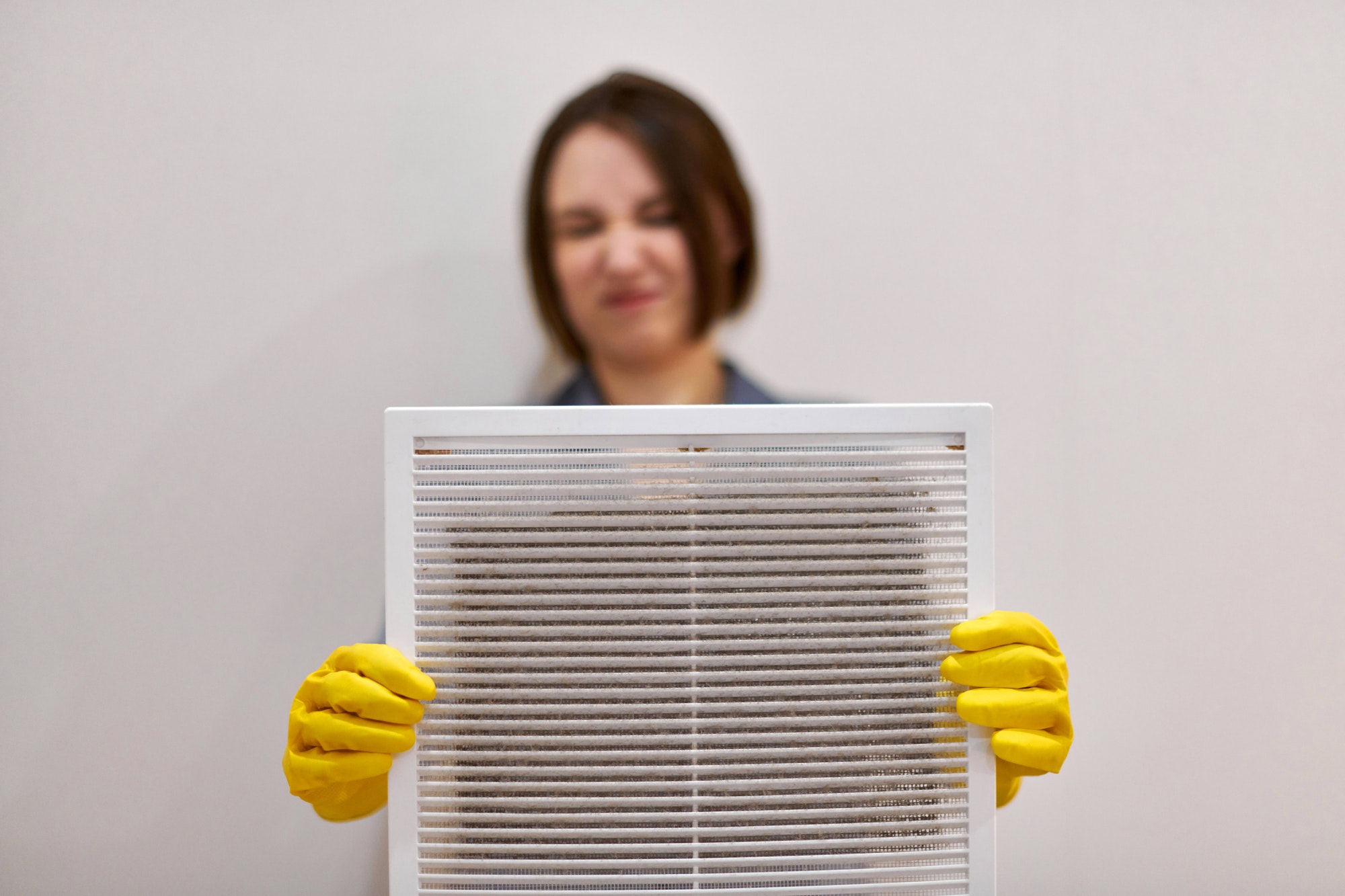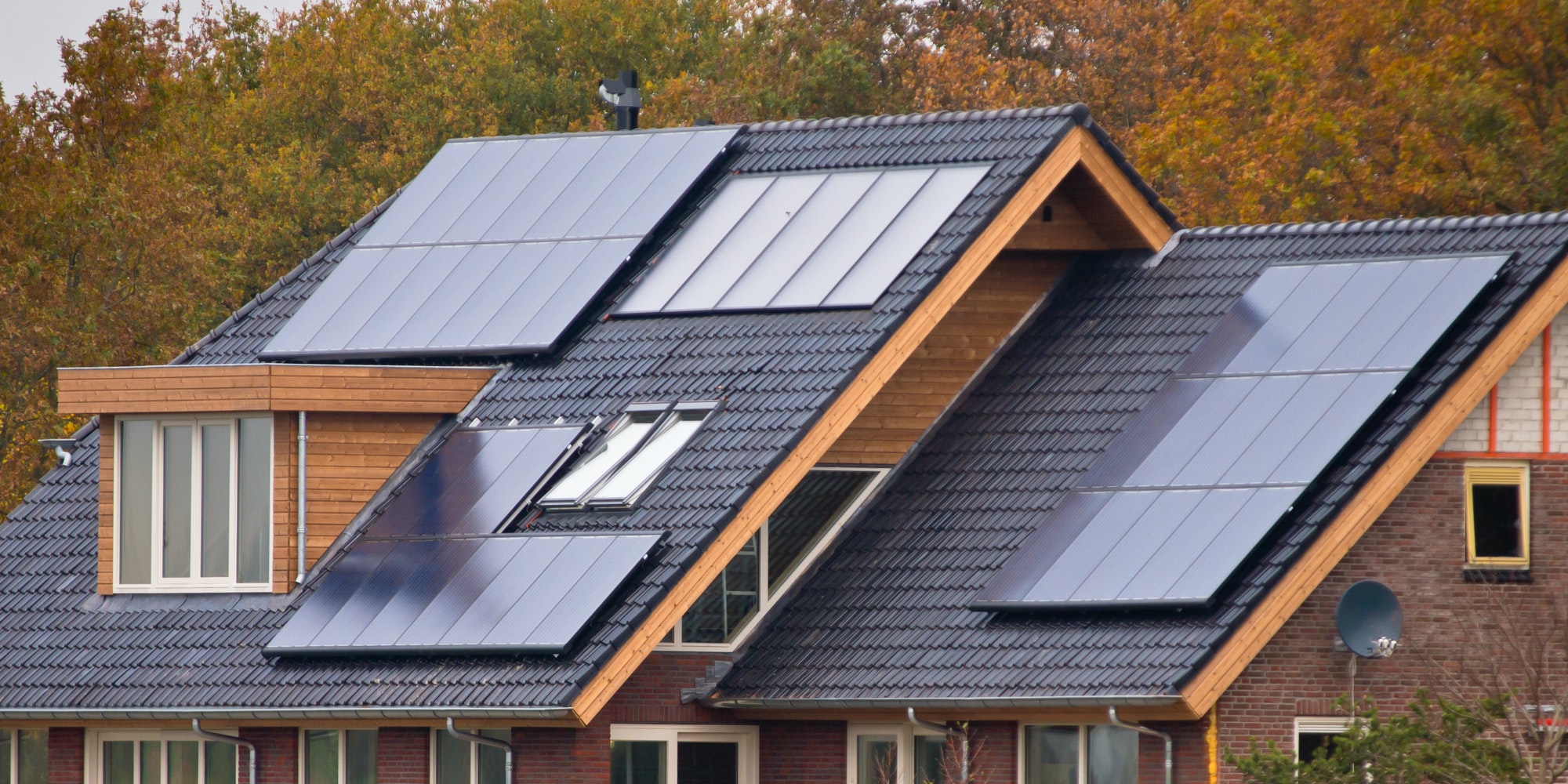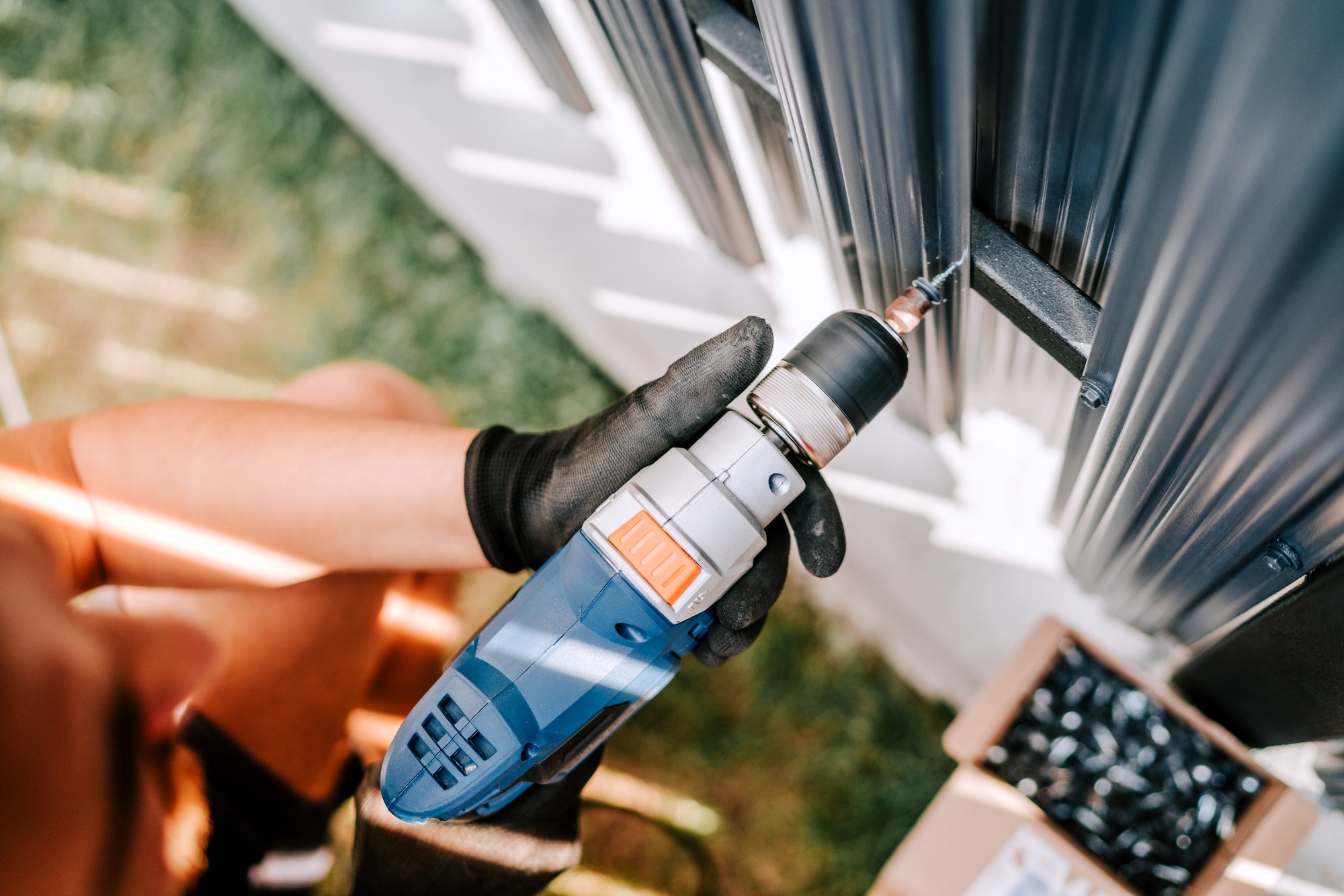Most places have an HVAC – Heating, Ventilation, And Cooling system. It’s an essential part of maintaining temperature in your home and ensuring you are comfortable. However, while setting the temperature is advantageous, many people suffer from allergic reactions. In fact, estimates suggest 4.6 million Australians suffer from allergies.
Allergies can range in cause from pet dander to pollen and even mold dust. Unfortunately, turning on your HVAC system can increase the likelihood of you suffering from allergies. The good news is that a regular inspection and service from a specialist in industrial air conditioning can help to alleviate the issue.
There are several ways in which a well-maintained HVAC system can help reduce problems associated with allergies:
Using High-MERV Filters
Your system needs a filter, it allows air to enter your home at the right temperature and removes the contaminants you don’t want in your home.
However, not all filters are created equal. The higher the quality the better it is as removing tiny particles in the air. In short, you need a filter that has a MERV 11 rating or higher. This will help to ensure that the smallest of particles are removed and you don’t suffer from allergies inside your home.
Of course, for this to be effective you’ll need to clean or replace the filter regularly, in accordance with the manufacturer’s instructions.
Air Scrubbers
Many HVAC systems incorporate air scrubbers in the lines. If your system doesn’t have these they can be retrofitted. These simple devices will literally scrub the air, allowing them to remove particles and other allergy-causing contaminants.
This ensures there are no irritants entering your rooms.
Remove Dust
Sometimes the allergen isn’t caused by an outside source, instead, it’s already inside your home, such as dust or pet dander. In this case, many air conditioners simply blow the air around your home, increasing the likelihood of an allergic reaction.
However, a good HVAC system won’t just use filters to remove these issues. A high-quality system will have enough power to remove all dust in the vents and cycle it through the system, allowing the dust and other allergens to be removed.
You’ll appreciate the difference in air quality.
Moisture Levels
Most people don’t spend a lot of time thinking about moisture levels but moist air encourages mold growth. In turn, this will allow mold spores to grow and move around your home. This will cause allergies and mold can also cause an array of other health issues.
A good HVAC system will monitor, control, and lower moisture levels. That’s better for you and for your home.
The Bottom Line
Much of the fight against allergens revolves around having an effective filtration system. That means it is worth investing in high-quality filters and replacing them regularly. The small expense is nothing compared to your health.
Of course, to help the system work efficiently and effectively it pays to make sure your home is airtight. There is little point in a good HVAC system if air s blowing in from outside via cracks around the windows.
Discover more from Futurist Architecture
Subscribe to get the latest posts sent to your email.

![modern apartment [article_title]](https://www.futuristarchitecture.com/wp-content/uploads/2025/03/8-Buzzing-Hacks-to-Hive-Energy-Savings-With-Cellular-Shades-900x600.jpg)

